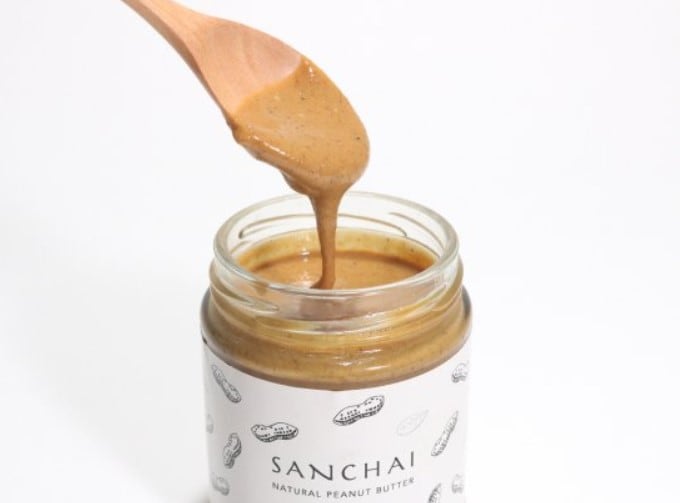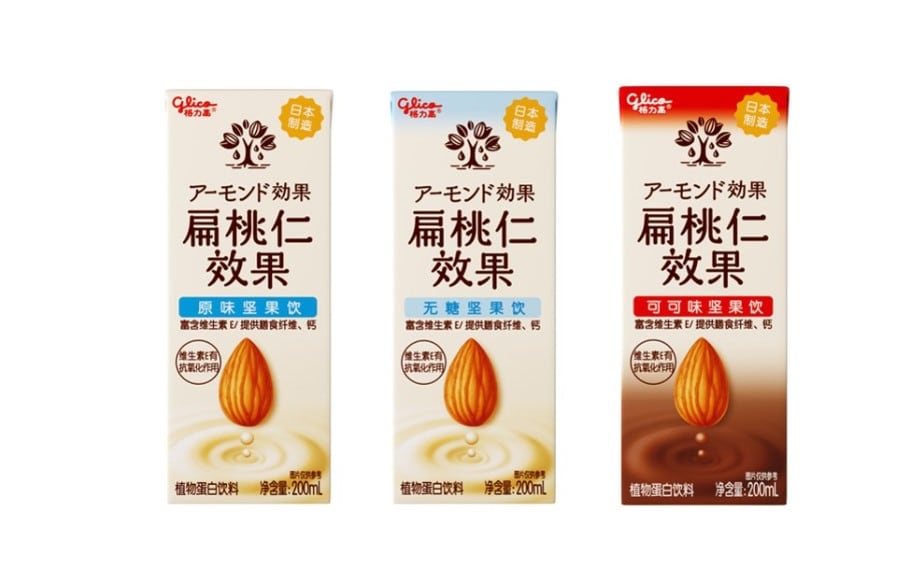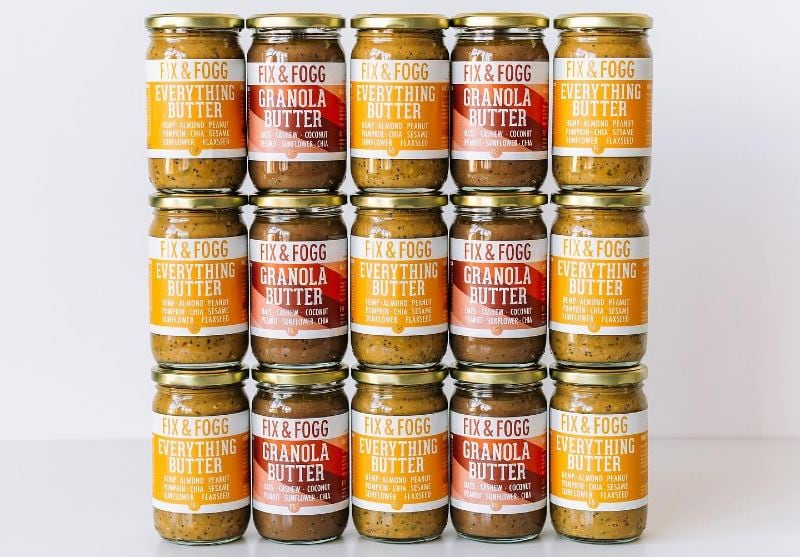Established by Japanese entrepreneur Naka Kotobuki, the firm started selling natural peanut butter and a sugar-free version in 2018.
The peanuts are locally grown in Khotang, a district at the foot of the Himalayan mountains with an altitude of 1,500 to 1,800m, and processed at Sanchai’s factory also in Khotang.
In Nepal, the products are sold at some supermarkets and grocery stores in Kathmandu, with tourists its main clientele. The firm also exports to Japan, Kotobuki’s home country, via its e-commerce store.
She said: “In Nepal, not many people eat peanut butter. But, Nepal attracts many tourists who enjoy it, so we thought it could be a good souvenir for them.”
However during the COVID-19 pandemic, sales plunged from the lack of tourism, and export problems.
“Because of COVID-19, the number of tourists has decreased in Nepal, and as a premium product, we found it difficult to sell our product locally. With supply chain disruptions, we were not able to export to Japan too.”
The firm is now seeing slow signs of recovery and is now able to again export to Japan. At present, Japan accounts for 90% of total sales.
Export plans
It is also considering exports to other countries such as Singapore, where the plan is to enter organic food stores and restaurants.
“We also received inquiries about our products from the United States, so I feel that there is further potential,” Kotobuki said.
Over time, Sanchai also hopes to gradually increase production at its Khotang factory.
Social impact
Business woes aside, Kotobuki said another motive behind Sanchai had been to contribute to the community.
“I started this business to help the economic and social development as well as independence of the Khotang people.”
In Khotang, many men have relocated to other cities for better work opportunities, leaving women behind for childcare and chores, with few jobs available.
So Kotobuki decided to build a factory to create employment for women, while cultivating the local peanut industry.
“Our whole idea was to raise living standards sustainably, by providing skills and not just handing out money.”
Cash crop
Peanut is a local cash crop, and in Khotang, the dry land makes it suitable for peanut agriculture. In addition, peanuts are grown in a traditional agricultural style without any breeding or pesticides.
Sanchai partners with farmers to buy peanuts, and hires local women at its factory to turn these peanuts into a higher value items.
Its peanut butter products are free from additives, containing only peanuts, brown sugar (sugar-version), Himalayan salt and organic spices.




